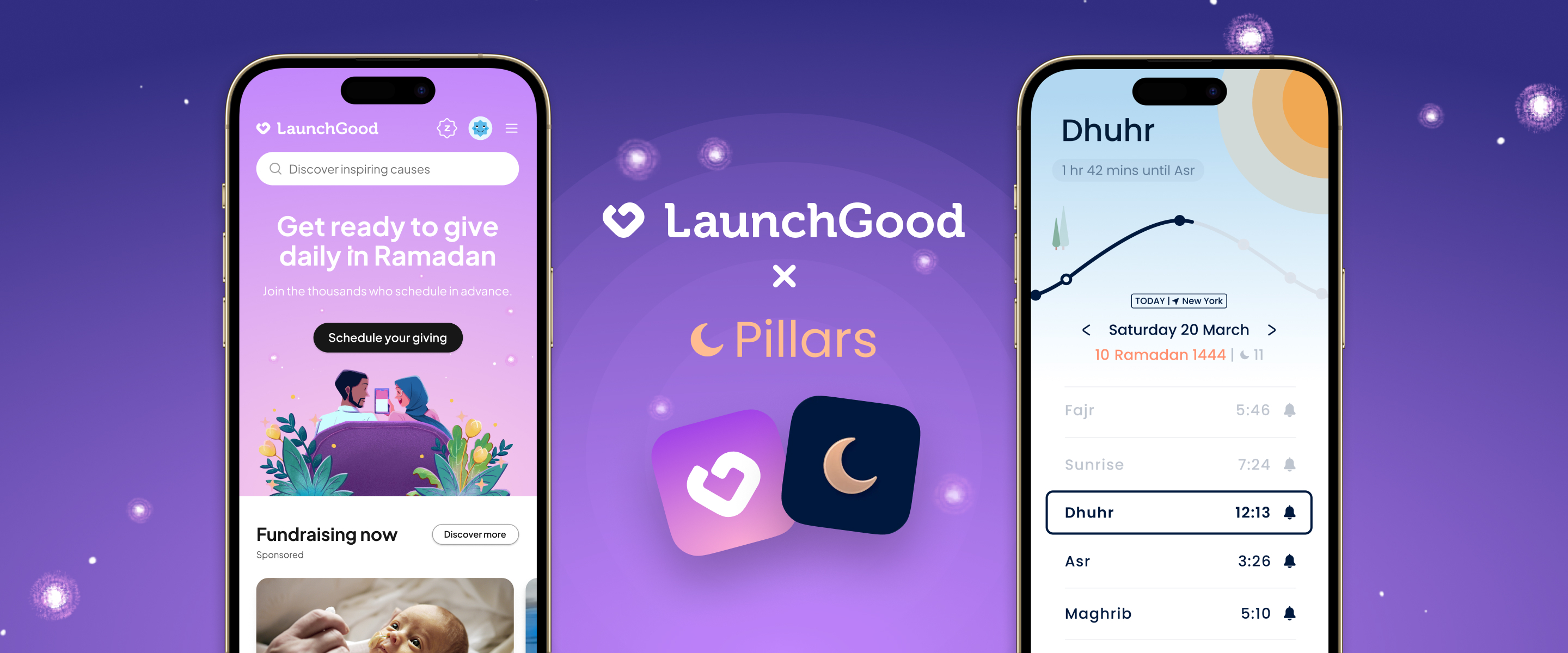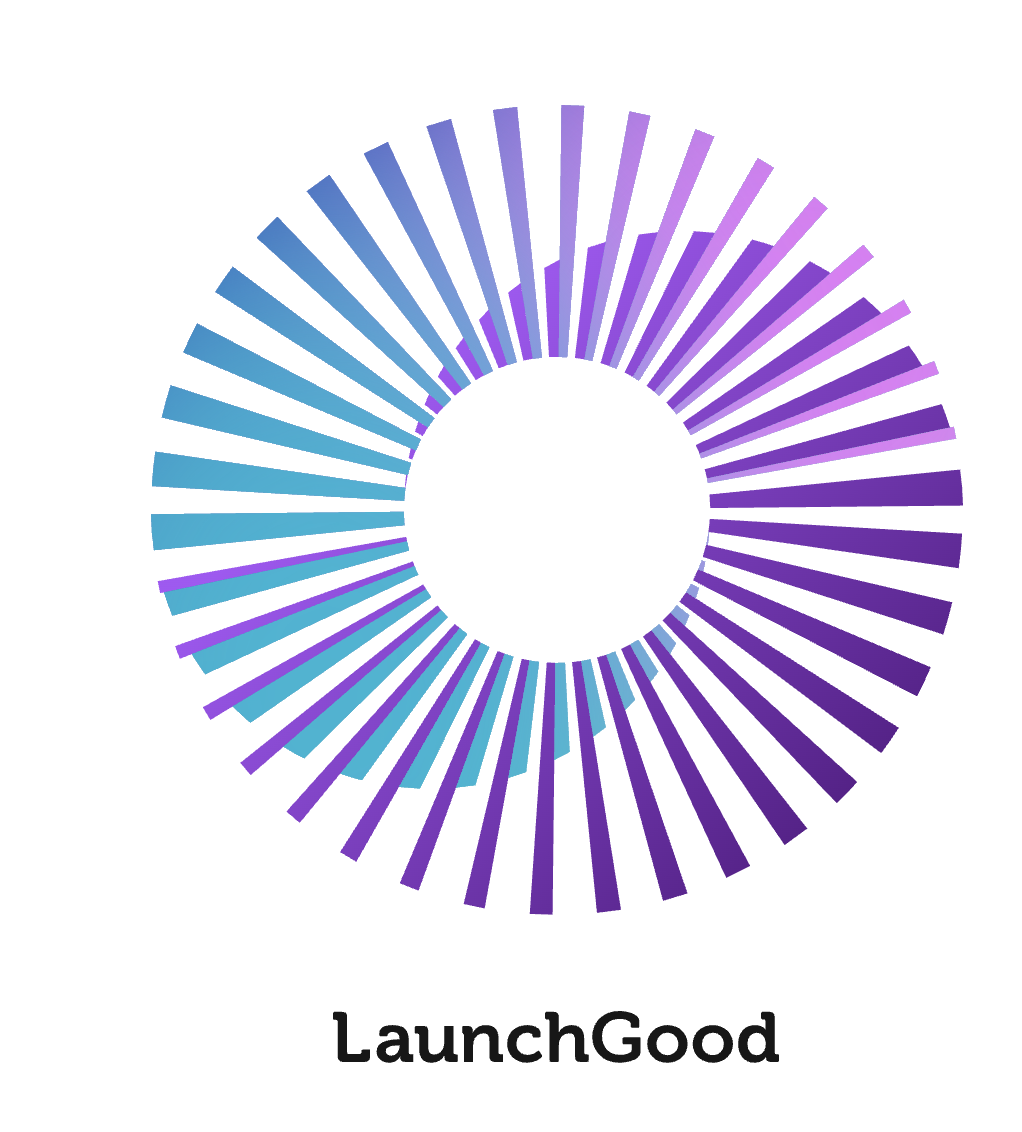Zakat as a compulsory charity, not a gift or tax
The distribution of Zakat from the rich to the needy connects our economic well-being to a spiritual one. Zakat literally means “to purify or cleanse” and is mentioned in numerous verses of the Qur'an. Like ritual prayer (Salah), this pillar of Islam is an act of worship, implemented and institutionalised by Prophet Muhammad (peace and blessings be upon him). Zakat purifies one’s wealth and reminds us that all worldly provisions belong to Allah alone and must be shared with the needy. The Qur’an says “In their wealth and properties is the right of the poor, the beggar and he who is in deprivation.” (51:19).
The Qur’an often talks about the qualities of believers vis a vis Zakat: “When they are in authority they establish regular prayer and give Zakat, enjoin what is right and forbid what is wrong (Al-Qur’an 22:41); They are vigilant in paying Zakat (Al-Qur’an 23:4); They establish prayer and give Zakat and loan Allah a goodly loan” (Al-Qur’an 73:20). The Prophet of Islam said “Whoever pays the Zakat on his wealth will have its evil removed from him” (At-Tabarani).
Zakat Is A Prophetic Tradition
Zakat is 2.5% of one’s total cumulative wealth in a year and is obligated to be paid by all Muslims who own more than the minimum threshold or Nisab of wealth and possessions. The threshold in prophetic tradition is 87.48 grams of pure gold or 612.36 grams of silver and the value may vary each year as the price of gold and silver fluctuates. Zakat has to be paid on four types of wealth: agricultural products, animals, trading goods and money, which includes financial assets such as cash, bonds, stocks, savings, and loans. Zakat can be paid at any time in the lunar year but many Muslims pay their dues in Ramadan as it is the month of increased blessings.
Zakat Helps Those Who Need It
Zakat can only be spent on eight categories of people mentioned in the Qur’an (9:60) which are for the poor; for the needy; for Zakat collectors; for bringing hearts together (for Islam); for freeing captives; for those in debt; for the cause of Allah; and for the travellers.
Zakat is one of the principles of an Islamic economy based on social welfare and fair distribution of wealth and helps to eliminate greed and the hoarding of wealth. The calculation of Zakat (check out this really simple calculator) is down to the individual and remaining honest in measuring one’s wealth and earnings will maximise the reward and blessings. As well as Zakat, voluntary charity called Sadaqah is also highly rewarded in Islam and Muslims are encouraged to give Sadaqah throughout their life.
Zakat Controls Your Ego
Zakat has always existed in the religious traditions of previous Prophets. Believers are aware of life’s fateful reality where all our worldly possessions bear no significancet once we are in the grave. Zakat liberates believers from addiction to wealth and greed which often lead to corruption and inequality. It enhances socio-economic harmony, increases contentment and gratitude and brings spiritual benefits amongst people.
By paying Zakat, believers acknowledge that their wealth and other provisions are a double blessing, for them to enjoy and also for them to pull disadvantaged people from the trap of poverty. It teaches those who are more fortunate the power of self-restraint and shows us how to behave with moral integrity and justice. Helping others in need is not a charity, it is our duty. Zakat teaches us to appreciate that this world is transitory and as fellow travelers we must all share in the bounties of this world so that we all can live in dignity and peace.
Zakat Levels The Field
With 2 billion Muslims in the world, Zakat is now one of the main forms of wealth transfer to the poor and a global phenomenon. Effectively delivered, it can be a powerful economic lever in Muslim majority countries as well as minority Muslim communities everywhere. Like all large-scale programmes, it needs effective planning and management and professional institutions have a major part to play in showcasing the benefits. With a potential annual global amount estimated between US$200 billion and US$1 trillion, the idea that Zakat can be linked with the UN Sustainable Development Goals (SDGs) is also gaining traction.
Zakat thus should occupy in Muslim psyche the same spirit and merit in the way Prophet Muhammad institutionalised this in his lifetime.
Humans have a moral duty to rise above base desires such as greed or jealousy and conduct themselves as “stewards of Allah on earth” (Al-Qur’an 2:30). Zakat can be a unique socio-religious and economic catalyst to make our world a fairer place to live.
Visit www.launchgood.com/zakat to find hundreds of scholar-verified Zakat campaigns this Ramadan. Calculate and save your Zakat obligations using the new smart Zakat calculator and keep track of your givings easily.




